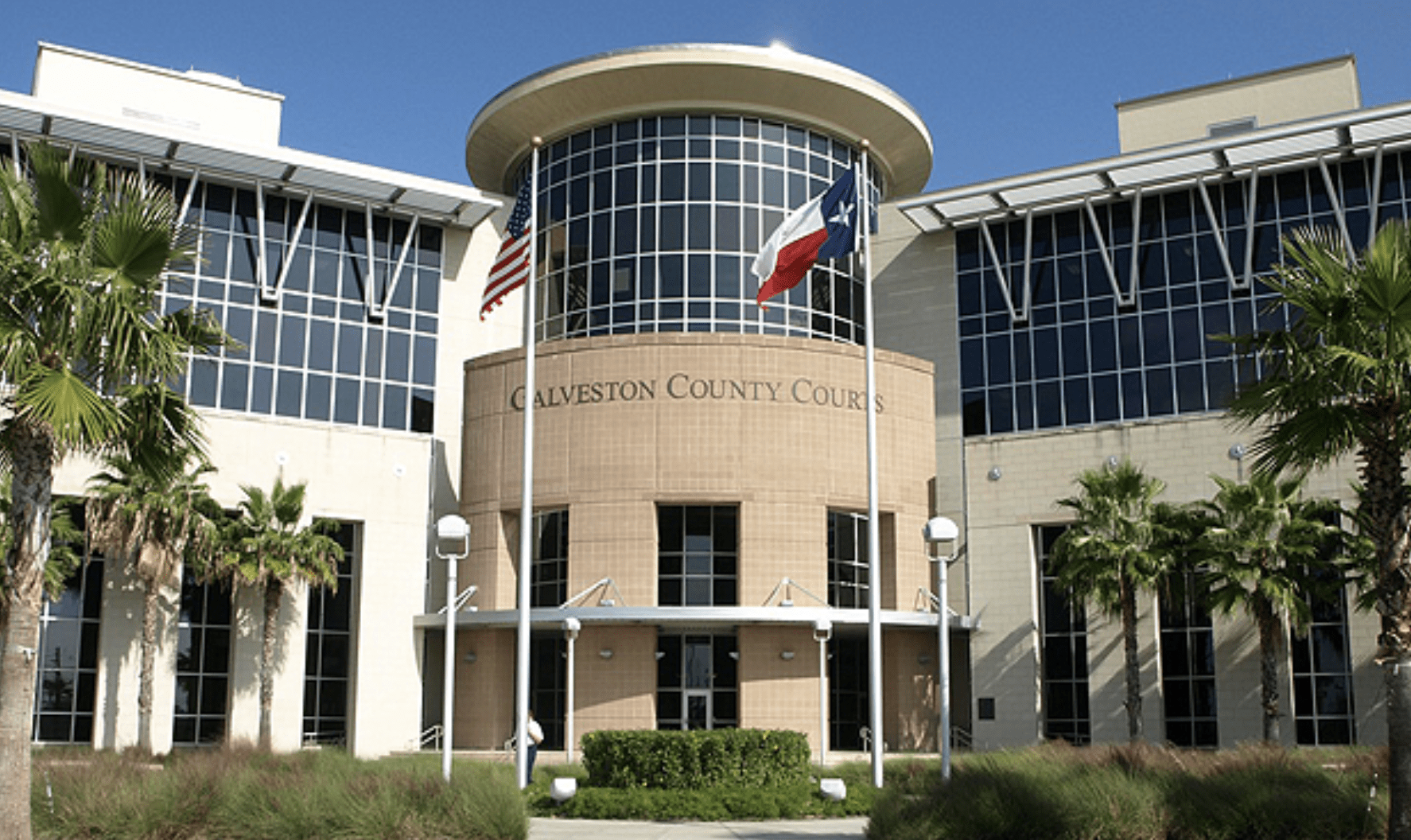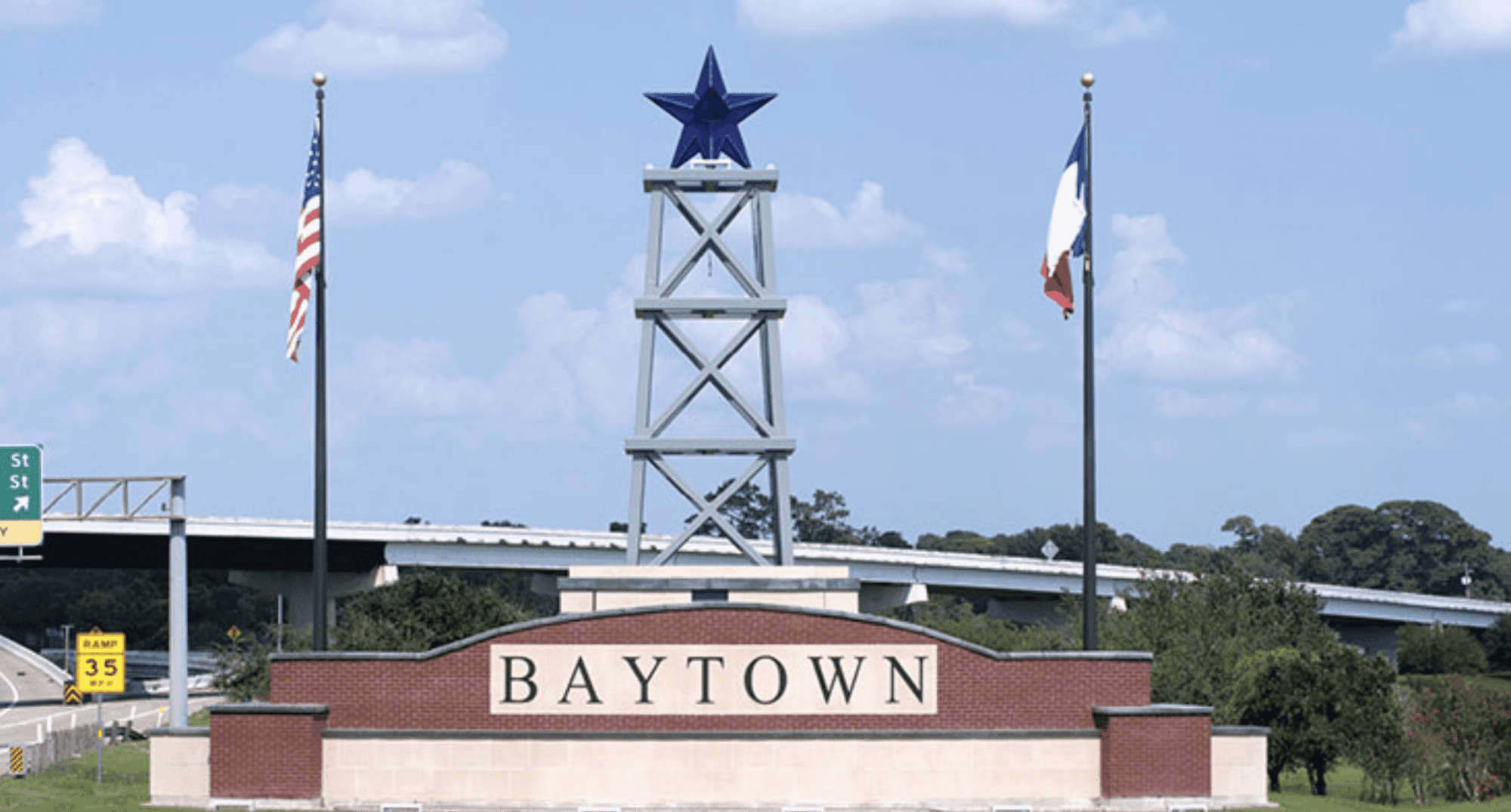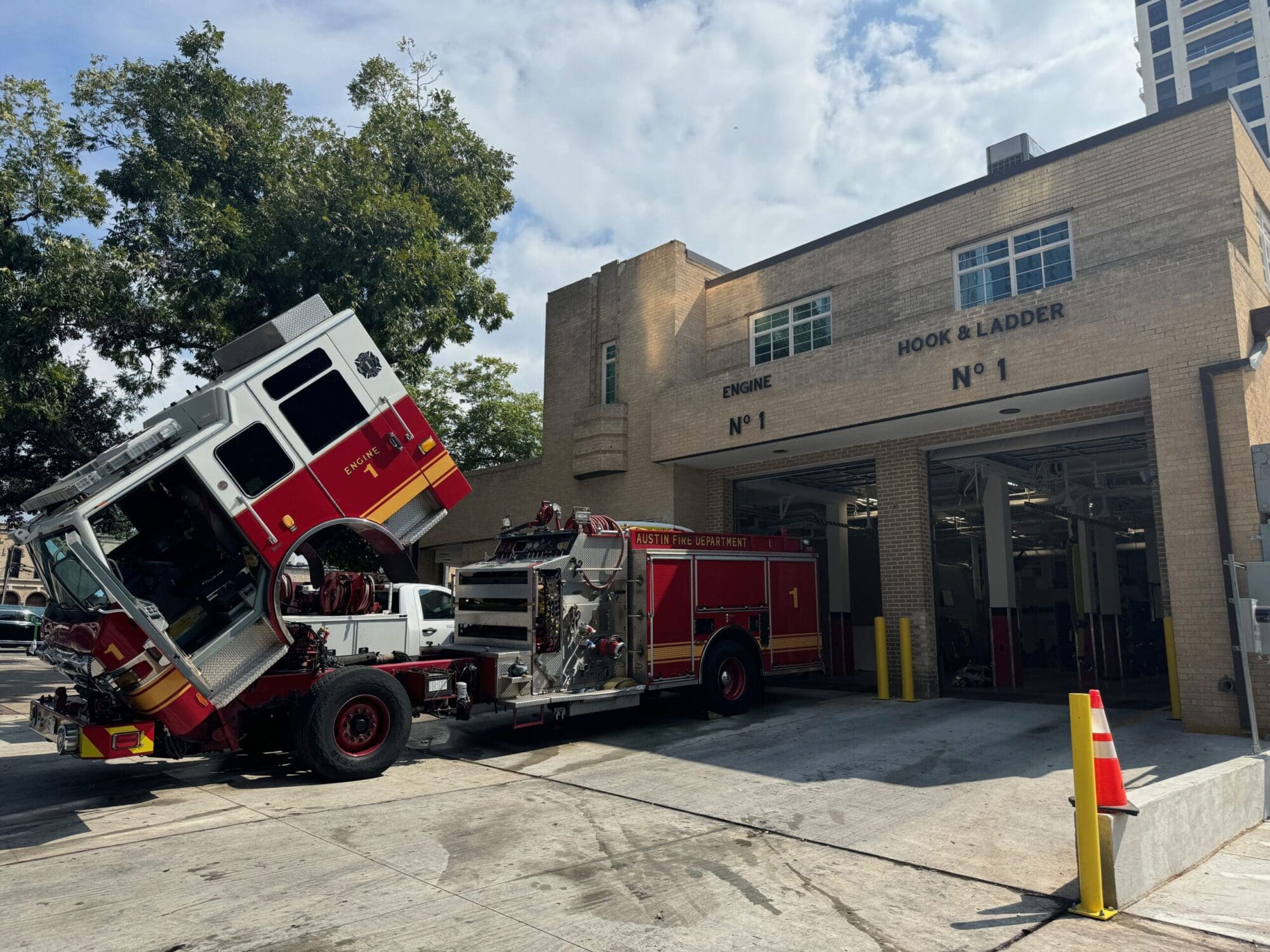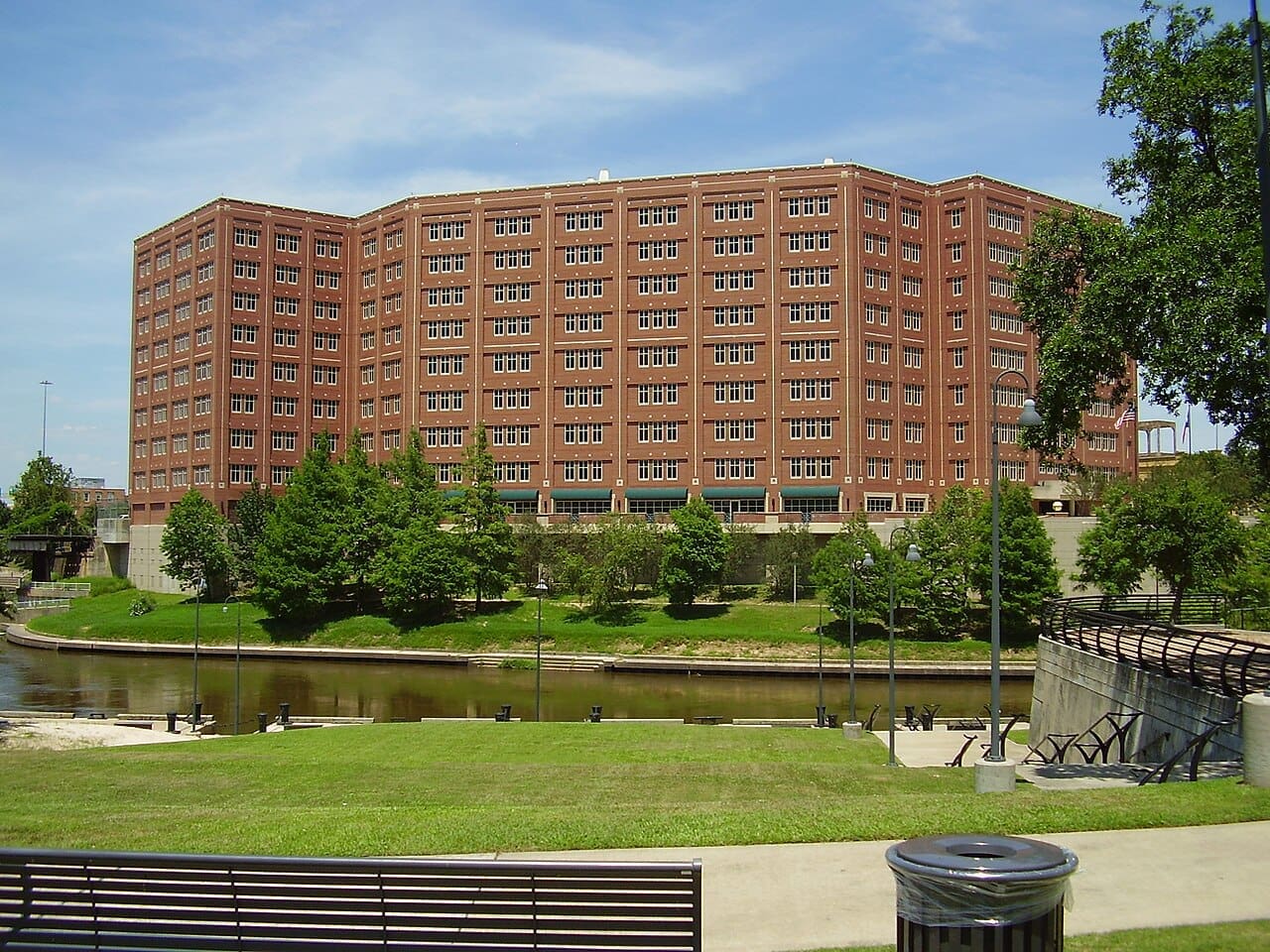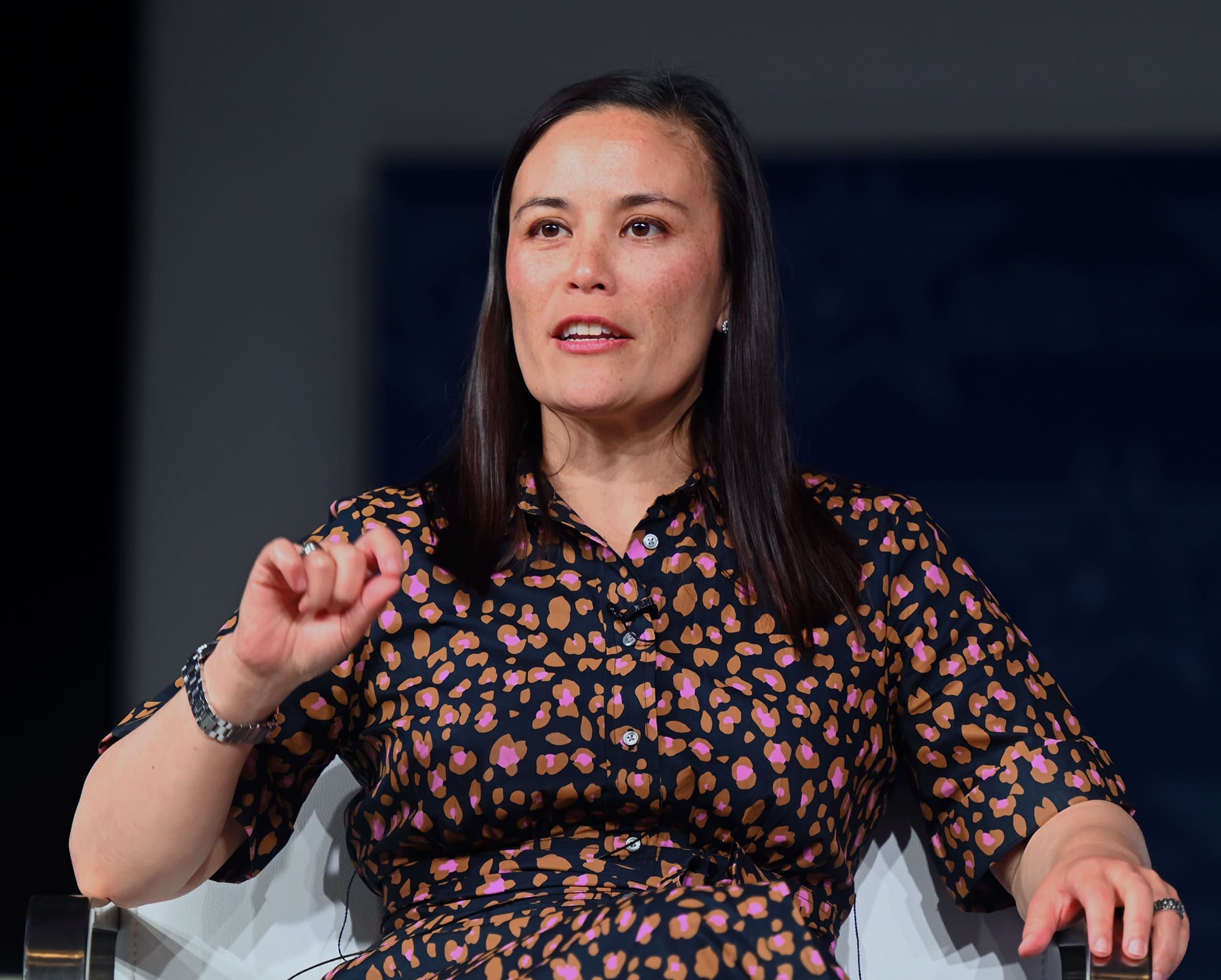The San Luis Pass Bridge will no longer collect tolls after Galveston County commissioners voted unanimously to eliminate the long-standing fee, citing outdated infrastructure, inefficient operations, and public inconvenience.
Commissioners voted on Monday to end the tolls. The San Luis Pass Bridge has operated as a toll road since it was built in 1966. Commissioner Joe Guisti, who placed the item on the agenda, explained that the bridge has long been paid off, and continuing to charge drivers no longer makes sense.
Unlike other toll roads in the Greater Houston Area, the San Luis Pass Bridge only accepted cash payments.
Addressing traffic concerns, Guisti noted, “There’s been several occasions when 45 is screwed up and people have to go that way to get out of town. When that happens, traffic gets really backed up because it’s a cash business.”
Currently, the bridge generates about $500,000 in toll revenue annually, but at least half of that goes toward staffing the toll booth.
Additionally, according to a December 2023 inspection report from the Texas Department of Transportation, the bridge was rated in “poor condition,” with the rating attributed to deteriorated beams and cracked concrete.
In response, Galveston County Commissioners and County Judge Mark Henry have opted to apply for a federal grant to fund 80 percent of the bridge’s replacement, leaving the county responsible for about $25 million. That amount is included in a bond package that will go before voters this May. Prop A includes $78.175 million for the construction, maintenance, and operation of county roads (including $25 million for the San Luis Pass Bridge).
Across the Greater Houston Area, toll roads generate nearly $1 billion in annual revenue—nearly a third of Harris County’s profit.
Rather than using that profit to pay down debt or reduce toll costs for drivers, Harris County Commissioners receive an annual share of funds to put toward mobility projects.
Houston Mayor John Whitmire has voiced frustration over the lack of funding the City of Houston receives from toll revenue, saying, “60% of the toll road miles are in the City of Houston. Over 60% of the revenue is generated inside the City of Houston. Last year, they took in $850 million in tolls, most of those people coming into Houston to work. We get 700,000 people from the suburbs every day to Houston that we have to protect and serve.”
Meanwhile, just one year ago, the Texas Department of Transportation terminated a 50-year contract with a private company to operate toll lanes along Highway 288, only eight years into the agreement. As a result, the state was forced to pay $1.7 billion to reclaim the toll. The 288 toll has become notorious for its high prices, sometimes costing more than $16 one way during peak hours.
No ads. No paywalls. No government grants. No corporate masters.
Just real news for real Texans.
Support Texas Scorecard to keep it that way!
